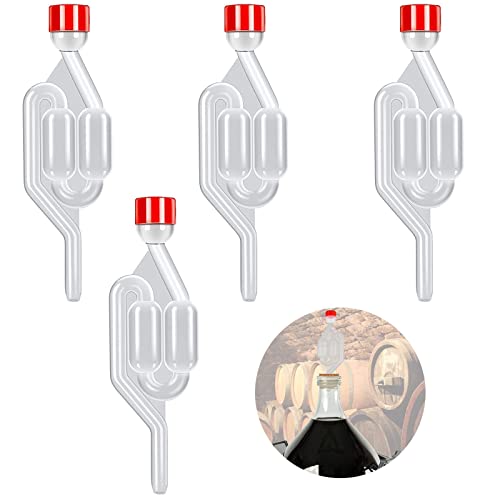Thanks for this. I realise this is targeted at the original problem but I think we need to start a BZ G4 how to use/hints and tips thread as we are building up a information resource which doesn't 100% fit into 'struggling to get to the boil'....
....relay cycle time. Won't changing it from the default mess with the PID algorithm ? Think I'm going to leave mine at the default for now.
Agree - but might work better with several threads for the different topics, to stop each getting too long (like homebrewtalk.com's BZ g.4, 30 pages), and things getting lost.
Maybe, someone could start threads for: basics; advanced; problems; accessories & mods; RAPT & connectected devices; Profiles; and suggested improvements.
Kegland might pick up on problems & suggestions threads.
Relay cycle time: Whatever the cycle setting, the average heat remains at the power selected. The mass of the metalwork alone, will 'smooth' out the pulses of ingoing heat.
One second of heating would have hardly any effect on base temperature. So 1 second on : 3 seconds off, gives little smoother temperature than 10 seconds on : 30 seconds off. And the latter (which I guess is a 40 second cycle time) could extend the relay life 10 fold.
Overshoots (at inbuilt base sensor) happen more because, by the time the heat put into the base registers and heating turns off, the base is then too hot. The accumulated excess energy takes time dissapating into the wort, and this leads to overshoots/undershoots.
RAPT graphs typically show the most rapid overshoot cycle periods, are around 3min (on mine, and ones I've seen posted), depending on flow rate and heater power (I reduce power when flow is slow, then still around 3 min).
Graph: red line = built in sensor; blue = RAPT probe, green = target. There's around 9 (red) overshoots over the 30 minutes shown.
Any cycle time that gets the average power correct, over half the overshoot period time, would just work (relay cycle 90sec : overshoots 3min), but 1/4 leaves a good margin (relay cycle 45sec).















![BREWING THERMOMETER STICKERS ACCURATELY MONITOR FERMENTING BEER & WINE LIQUID TEMPERATURES 5PCS HOME BREW SPIRITS WINE LCD ADHESIVE [US]](https://m.media-amazon.com/images/I/311DDjo2X3L._SL500_.jpg)





























